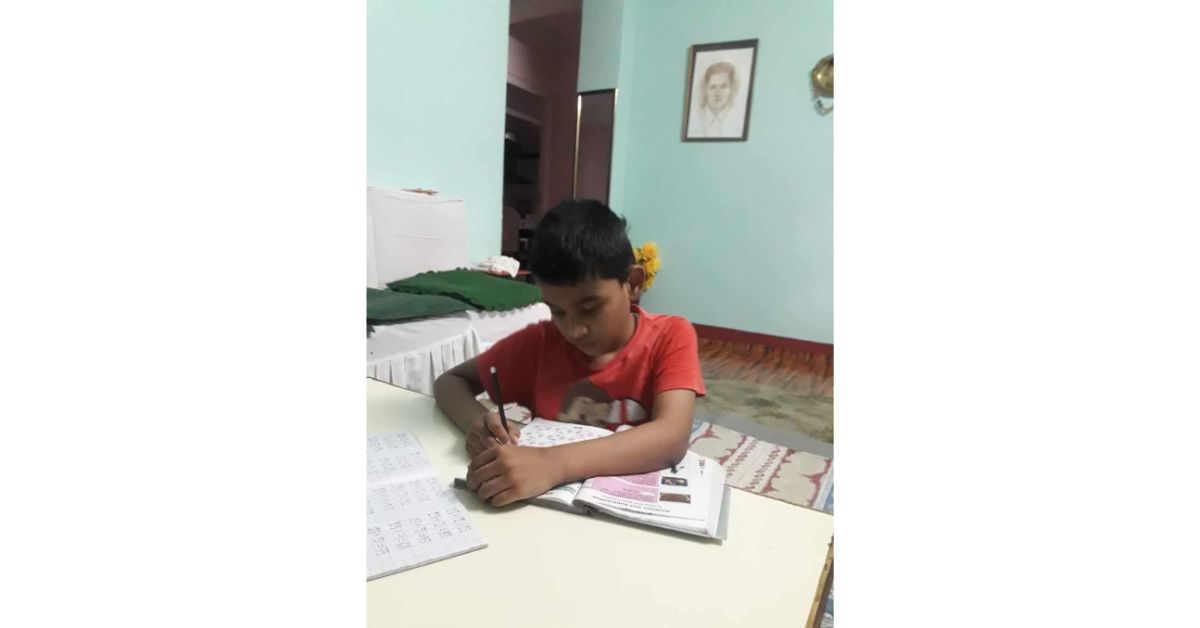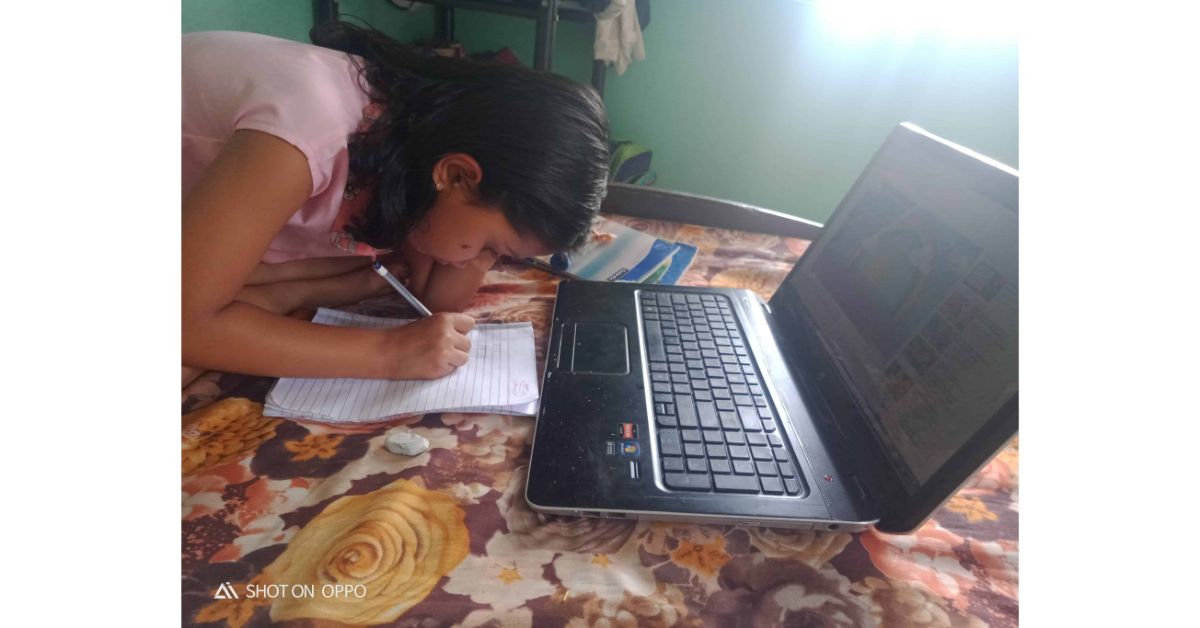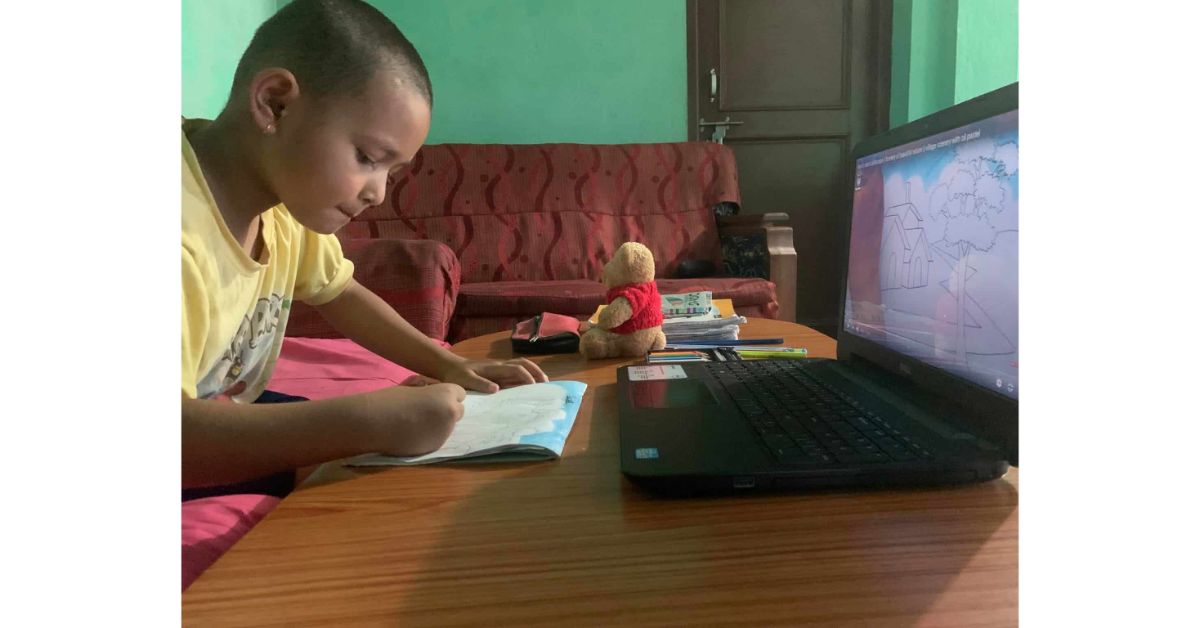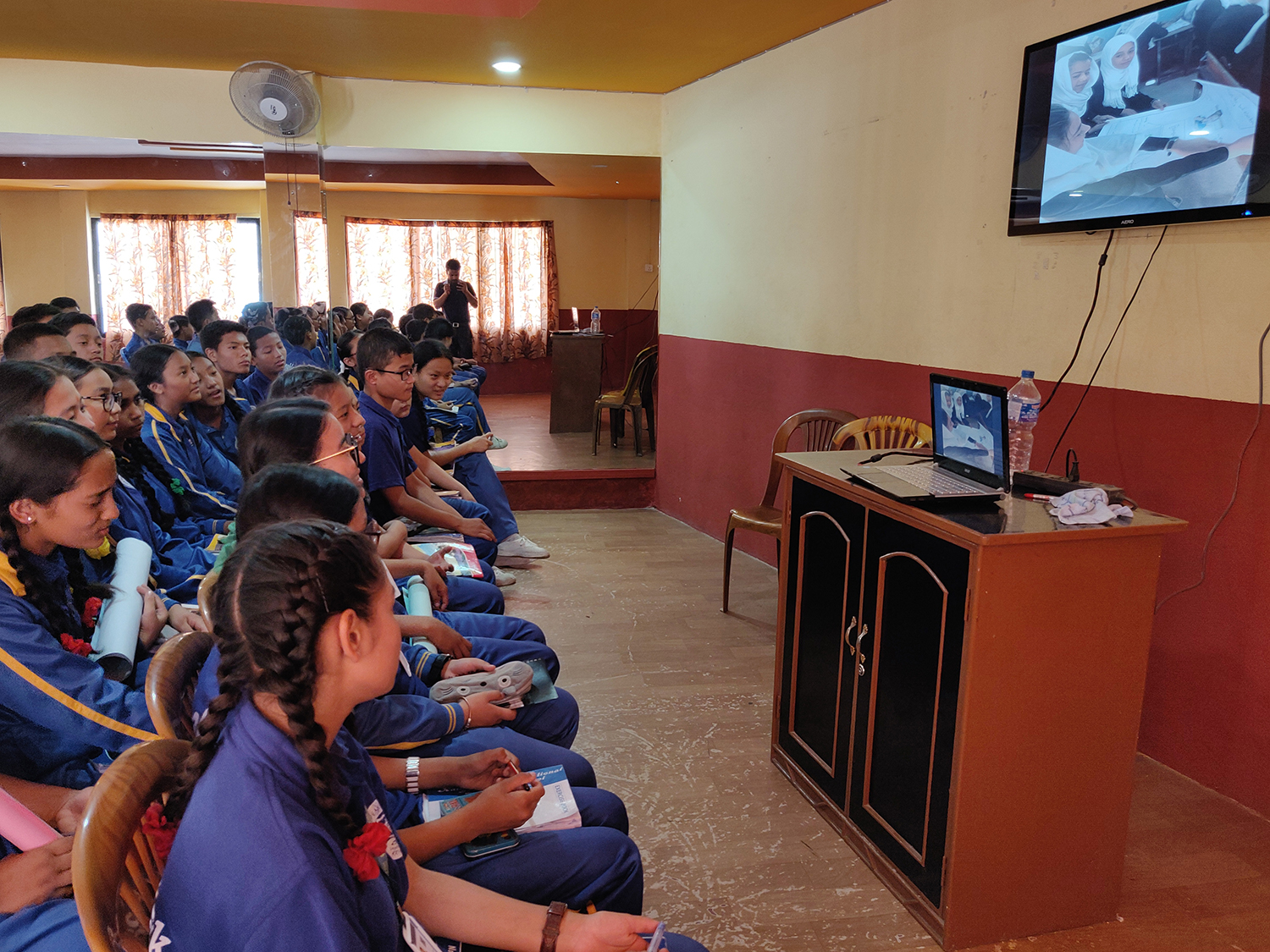You must be studying very hard but are you studying smartly as well? Are you sure you are retaining everything you are learning? Or you simply forget things after a while? This article will help you with how to study fast and effectively.
If you are a study enthusiast, we have some excellent tips for you. Studying days and nights aren’t going to make a significant difference in your life. The most important part is how much you can understand what you are reading.
Just ask these quick questions to yourself, and you will know if you have been studying effectively or not.
Do you remember what you studied after one week?
Are you able to confidently explain things you have learned to another person?
Can you implement your knowledge practically?
If all the above questions are “yes,” then congratulations, you have been studying well. But if the answers are “No” or “I doubt,” then there is a need for a severe change in your study pattern.
Students are often heard moaning that they studied the whole night and still failed the exam. What might have happened to the? Despite studying for an entire day and night, he still failed the exam.
It’s because the student was just trying to rot down every single thing from his notes. What he should understand is, understanding the concert is far more critical. If you seriously understand every topic, then you don’t even need to mug them down. I will guide you through simplified steps you can follow easily to study less and learn a lot.
Following are the steps I have broken down for you:
1. Study multiple subjects in one day rather than sticking to one.

Pic: Yangjee Sherpa of Golden Peak High School studying
The habit of studying a single subject can be seen prominently among school students. They stick to a book and start cramping chapters. They jot down the chapters for days and nights. On the next day, when they have exams or tests, they cannot perform well and start blaming their brain and IQ.
Are you able to relate this with you as well? Here, let me share a secret. Our brain needs constant refreshing and breaks. Our mind cannot always focus on the same subject matter for long and soon starts losing focus on the subject matter.
Tips: Make a list of all the subjects you have to study. Prepare a routine for yourself. Set the time to review each subject. Don’t make a continuous study routine. Your routine should have breaks and gaps for refreshments every 3 minutes. The brain can focus more if you keep it fresh.
2. Take breaks and keep yourself refreshed during studying.

Pic: Vivan of Golden Peak High School doing gardening
As I have mentioned above, don’t stuff your routine with continuous study plans. Design your routine in a spacious and flexible manner. Keeping a tight schedule will invite intimidation if you won’t be able to perform the expected way. It’s okay to enjoy your reading. Don’t consider study as work. You can make your study as fun as playing games or using social media. You just need a useful technique for this.
Tips: Maintain a flexible routine with refreshment gaps after every subject for a specific time. By doing this, you can grasp fast anything you study and learn more as well.
3. Try to collect as much detailed information about a topic as possible.

Pic: Dikshya of Golden Peak High School
When you sit down to study, gather around all the sources of information. Collect as many references as possible. They can be books, magazines, school notes, or you can gather abundant amounts of information from the internet as well. Start with a single topic and get in its depth. Try to understand everything about it in detail.
Tips: Collect as much information as possible from multiple sources like books, magazines, school notes, internet, etc.
4. Make a detailed note of your own

Pic: Jayanti Adhikari of Golden Peak High School
After you sit down to study a single subject and gather around all the informational sources for it, just write them down in your copy. I suggest you write them down, not type on the laptop. It’s because things you write down will require more attention and hard work, and there will be a higher chance of remembering things.
I make note copies for every subject and prepare systematic notes for each of them. It will not only help you to learn more but also help you to revise later whenever needed. You don’t need to sit down to make notes again and again.
Tips: Use a pen and paper to make notes. Writing will also help you in remembering, and you can learn faster than expected.
5. Don’t rot down thing.

Pic: Bidhya of Golden Peak High School
Stop cramping down things and mug up every single line. Cramping down things is a terrible approach. Students often try to learn by heart every single line and note the teacher has prepared for them. This is a terrible approach. Teachers should encourage students to make their notes. While preparing notes or during the study, if you get any confusion, don’t feel shy to ask your teachers, friends, or seniors.
When I was a child, I used to feel like it is only me who isn’t understanding a specific topic. I used to feel too shy to ask my class teacher. Later I used to find out most of my friends didn’t understand as well.
So. stop thinking and start raising questions wherever you get confused. If you know things very nicely, there will be no need to cramp down things. You can still write answers in your own words, based on your understanding and you will top the class for sure.
Tips: try to understand every single thing you are studying and don’t hesitate to ask seniors in case you get stuck. You will never need to cramp down things, and this will save both your time and effort.
6. Be attentive in the class and sit in the front row.
Giving full attention to the classroom will help you understand any topics very clearly. Don’t sit at the last desk. It’s because the teacher can’t focus, you can’t listen to him properly, and you won’t grasp the knowledge as productively. Try to sit on the first bench and give full attention to your teacher. Ask him any questions regarding the topics you don’t understand. This will also help you prepare your notes and understand things quickly while doing revisions at home.
Tips: study the topics that are going to be covered beforehand at home. It will help you to understand better when the teacher teaches, and you can ask the questions you get confused at. Sit on the first desk so that the teacher can directly focus on you, and you never lose focus on study.
7. Don’t try to do everything at the same time.

Pic: Shrelal Suwal of Golden Peak High School
Sometimes we get overly excited and try to do multiple things at the same time. It will not let your brain correctly focus, and none of your tasks will be useful as well. Instead, try to divide your tasks into different time slots and give them your best. Trying to do multiple functions by taking an impulsive will bring no good.
Back in your mind, you will keep the focus on the tasks you haven’t done rather than the job you are doing. You will then leave the current task to perform the other and, in the end, do none of them nicely. So, effective breakdown and implementation are fundamental.
Tips: list down all your tasks and divide them into flexible time slots. Each assignment will be allocated a proper time, and you won’t feel any pressure or rush while performing one task. This way, you can focus more nicely and learn very effectively too.
8. Make a periodic revision routine.

Pic: Jcka of Golden Peak High School
After you collect materials, prepare notes, and study once, you will forget them after a few days. So, I highly recommend you keep revising the topics for specific time in proper gaps. The first revision can be done immediately within 24 hours, and after it, you can do the other revision in 3 days. The additional revision can be done within seven days, and after it, you will remember almost everything and never forget one.
Keep revision until you feel confident about the topic. The revision will take very little time and save you ample time when you are rereading the same topic. This technique is especially crucial in exams whenever you have to prepare for a large number of courses. You can also make a small cheat sheet noting down points for quick revision while you are traveling as well.
Tips: make a revision time table repeating each periodically after certain days and prepares a cheat sheet which you can carry anywhere and do revision.
9. Try to implement the things you have learned practically.

Pic: Lakxmi Chhetri of Golden Peak High School making paper ship
The more you involve in things, the more you will learn. The deeper you indulge, the faster you can learn. Reading is the first approach, it can be followed by writing and note-making, and at last, you try to implement the knowledge you have gained in your practical life too. You can also discuss the topic with your friends and family. The more you talk about it, the more you will understand.
Tips: Try to implement your knowledge practically, experiment at home, talk about it with your friends and seniors, and discuss them in forums. The more you show interest, the more interesting it becomes.
10. Have proper sleep and wake time routine and maintain a healthy diet

Pic: Bidhya Luitel of Golden Peak High School concentrating in her study
Mental health is essential. Often students do not sleep the night before the exam and can’t perform well during the exam day. Your brain needs sufficient rest to perform well. It is equally necessary to take care of your diet too. You must have heard ” early to bed early to rise, make a man healthy, wealthy, and wise.” So, prepare an excellent sleep-wake routine and always eat healthy. A healthy mind can reside only in a healthy body.
Tips: Make a proper sleep-wake routine and eat healthy to keep yourself fit and fine. A healthy brain can learn quickly and grasp anything faster.


